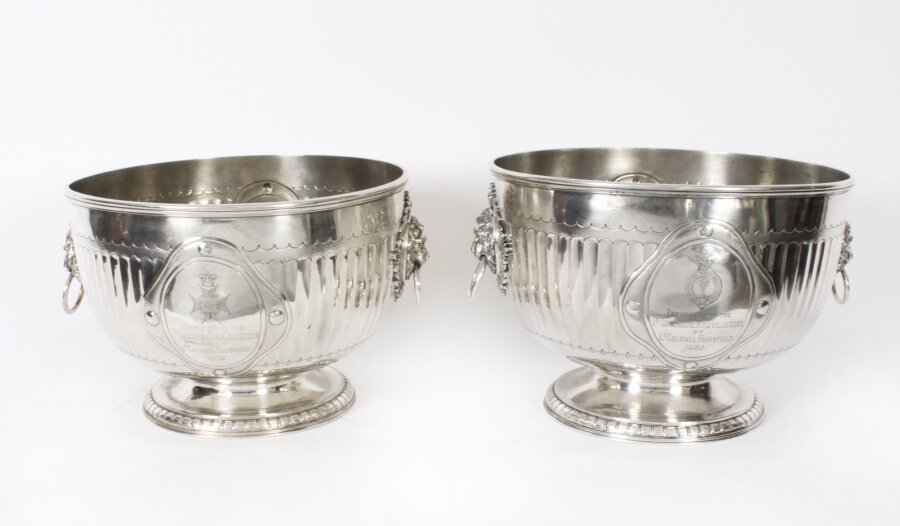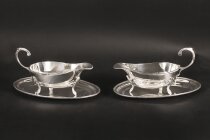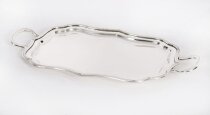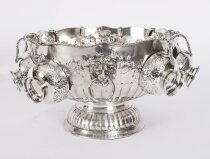1st Lancashire Rifle Volunteers
The Volunteer movement had its origins in the eighteenth century. Service in the Militia was compulsory at that time for those selected by ballot and who were not wealthy enough to hire a substitute. But specific threats, such as Jacobite risings or the threat of French invasion, induced men to volunteer for home defence. A series of Militia Acts, notably in 1761, 1768 and 1802, had the effect of transforming the Militia from a home defence force into a reserve for the Regular Army, and its former function was increasingly filled by the Volunteers.
Revolutionary and Napoleonic Wars 1793-1815 In 1794, the risk of invasion by Revolutionary France persuaded the government to authorise the formation of volunteer units that would be subject to military discipline and eligible for pay when called out. Numerous Volunteer units were formed in Lancashire including the Warrington Bluebacks, regarded (in sentiment if not in direct lineage) as forebears of 4th Battalion The South Lancashire Regiment, and the Royal Preston Volunteers. Such units and their successors from 1808 onwards, the Local Militia, usually trained on a Sunday and from time to time did duty in various towns of Lancashire and Cheshire. British Volunteer strength peaked in 1803 at a remarkable total of some 440,000, but with the defeat of Napoleon they were all disbanded.
Riflemen Form In 1859 a scare a war with France swept the country, exposing the inability of the small peacetime Regular Army to defend Great Britain as well as the vast colonial Empire. The widespread popular demand for additional volunteer forces did not at first find favour with the Government of the day, but the Ministry finally gave way and on 25 May 1859 sanctioned the formation of corps of Rifle Volunteers. Lancashire responded with particular enthusiasm to the call for volunteers and by the end of 1860 over seventy local Infantry units had been raised. Uniforms, equipment, drill halls, rifle ranges, instructors and most weapons were initially provided at private expense or by public subscription, and the Volunteers were unpaid. Within twelve months some 130,000 men were under arms in Rifle Volunteer units. From 1861 the smaller corps were absorbed by their larger neighbours to form Administrative Battalions.
Elkington & Co
was a silver manufacturer from Birmingham, England.
The firm was founded by George Richards Elkington and his brother, Henry Elkington, in the 1830s. It operated under the name G. R. Elkington & Co. until 1842, when a third partner, Josiah Mason, joined the firm. It operated as Elkington, Mason, & Co. until 1861, when the partnership with Mason was terminated. The firm operated independently as Elkington & Co. from 1861 until 1963. It was then taken over by British Silverware, Ltd. In 1971 British Silverware, Ltd. became a subsidiary of Delta Metal Co. Ltd.
Over the course of history it became very successful and was one of the prime producers of silver plating. Elkington received various royal warrants of appointments. One of their most famous pieces is the electrotype copy of the Jerningham Wine Cooler, at the Victoria & Albert Museum.






















